detail profile mikhail nazvanov
Peran Yang Di Mainkan Mikhail Nazvanov
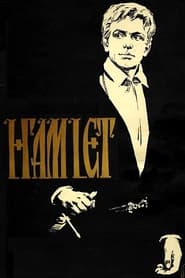 Shakespeares 17th century masterpiece about the...
Shakespeares 17th century masterpiece about the...Hamlet 1964
Shakespeare's 17th century masterpiece about the "Melancholy Dane" was given one of its best screen treatments by Soviet director Grigori Kozintsev. Kozintsev's Elsinore was a real castle in Estonia, utilized metaphorically as the "stone prison" of the mind wherein Hamlet must confine himself in order to avenge his father's death. Hamlet himself is portrayed (by Innokenti Smoktunovsky) as the sole sensitive intellectual in a world made up of debauchers and revellers. Several of Kozintsev directorial choices seem deliberately calculated to inflame the purists: Hamlet's delivers his "To be or not to be" soliloquy with his back to the camera, allowing the audience to fill in its own interpretations.
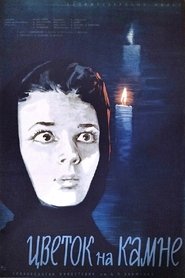 Set in a new mining town...
Set in a new mining town...Flower on the Stone 1963
Set in a new mining town in the Donets Coal Basin, it centres on a clash between the young miners, the political establishment, and a religious cult lead by a devious Pentecostal evangelist infiltrated into the community who tries to make the workers fall under his influence.
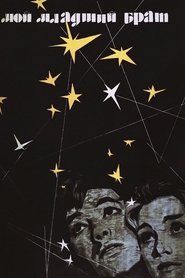 Based on the novel of Vasiliy...
Based on the novel of Vasiliy...My Younger Brother 1962
Based on the novel of Vasiliy Aksyonov "A Ticket to the Stars". School is over, final exams are behind — and Dimka was the first to think of waving away from home. The convictions of his elder brother Viktor about a serious attitude to the future life only more “warmed up” the four friends, and for the first time they went to Tallinn for the first time without the bored care of adults...
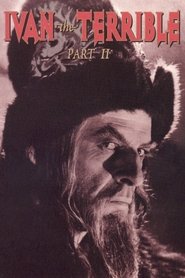 This is the second part of...
This is the second part of...Ivan the Terrible, Part II: The Boyars' Plot 1958
This is the second part of a projected three-part epic biopic of Russian Czar Ivan Grozny, undertaken by Soviet film-maker Sergei Eisenstein at the behest of Josef Stalin. Production of the epic was stopped before the third part could be filmed, due to producer dissatisfaction with Eisenstein's introducing forbidden experimental filming techniques into the material, more evident in this part than the first part. As it was, this second part was banned from showings until after the deaths of both Eisenstein and Stalin, and a change of attitude by the subsequent heads of the Soviet government. In this part, as Ivan the Terrible attempts to consolidate his power by establishing a personal army, his political rivals, the Russian boyars, plot to assassinate him.
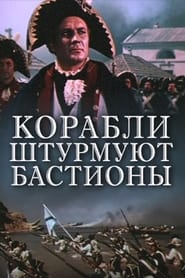 The historical and biographic movie about...
The historical and biographic movie about...Attack from the Sea 1953
The historical and biographic movie about the glorified Russian naval commander Ushakov. France begins aggressive wars. The Russian and allied troops freeing Italy are headed by A. V. Suvorov. The victory in the fortress of Corfu is ensured by operation of the admiral Ushakov.
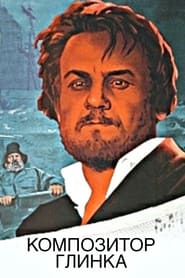 The young composer Mikhail Glinka performs...
The young composer Mikhail Glinka performs...Man of Music 1952
The young composer Mikhail Glinka performs his new work at a soiree at earl Vielgorsky's house. However, the public is accustomed to Western music, and reacts coldly to the creation of the composer. This makes him very sad, but soon he decides to go learn the art of music in Italy. After returning from Italy, he is full of desire to write national Russian opera. Vasily Zhukovsky proposes a subject: a feat of Ivan Susanin. Tsar Nicholas I change the name of the opera to A Life for the Tsar and assigns a librettist - Baron Rosen. Acquaintance with the future co-author shocked Glinka: Rosen speaks Russian with a noticeable German accent. The premiere was successful, but Glinka was still not entirely happy with the libretto: "False words were written by Rosen". When Nicholas I learned that Ruslan and Lyudmila was written on Pushkin's subject, he sees it as sedition. The bitter experience of the composer brighten his supporters.
 Growing up in a Ukrainian peasant...
Growing up in a Ukrainian peasant...Taras Shevchenko 1951
Growing up in a Ukrainian peasant family, knowing all hardships of serf life, young artist and poet Taras Shevchenko in the years of study clearly identifies the meaning of true art, which is to serve the interests of the people. The poems of Shevchenko are imbued with love for the common people. Fiery freedom-loving creativity of Taras Shevchenko is known throughout Russia. Nicholas I exiles the poet to the distant Caspian fort where he is to serve as an ordinary soldier and is banned from writing or drawing. In the poet's difficult days he has the support of Ukrainian soldier Skobelev, Polish revolutionary Sierakowski, captain Kosarev and the commandant of the fortress, Uskov. For the sake of his release Chernyshevsky and Dobrolyubov are hard at work. And so, the sick and aged Shevchenko is finally free. Together with Chernyshevsky and Dobrolyubov, he dreams of a bright future of the motherland, when the Russian and Ukrainian peoples throw off the chains of slavery.
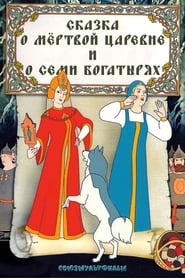 Animated film based on the story...
Animated film based on the story...The Tale of the Dead Princess and the Seven Knights 1951
Animated film based on the story of Alexander Pushkin. The new king's wife wants to get rid of their stepdaughter and expels it to certain death in the forest. Princess finds refuge in the forest in the seven bogatyrs. The queen, finds out about it and poisons her...
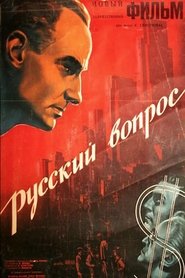 The film is based on the...
The film is based on the...The Russian Question 1948
The film is based on the play by K. Simonov. It is the story of an American journalist who spends time in Russia and sees socialism in action. Upon his return to the U.S., a prestigious editor asks him to write a book about his experience. He receives a handsome advance for the project and he and his fiancée are able to buy a house, a car, and other symbols of the American dream. But the editor’s generosity comes with a caveat: the book must present a negative picture of Soviet society. Will he simply keep the money and do what is expected of him, or will he instead tell the truth?
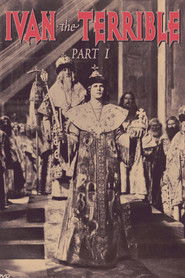 Set during the early part of...
Set during the early part of...Ivan the Terrible, Part I 1944
Set during the early part of his reign, Ivan faces betrayal from the aristocracy and even his closest friends as he seeks to unite the Russian people. Sergei Eisenstein's final film, this is the first part of a three-part biopic of Tsar Ivan IV of Russia, which was never completed due to the producer's dissatisfaction with Eisenstein's attempts to use forbidden experimental filming techniques and excessive cost overruns. The second part was completed but not released for a decade after Eisenstein's death and a change of heart in the USSR government toward his work; the third part was only in its earliest stage of filming when shooting was stopped altogether.
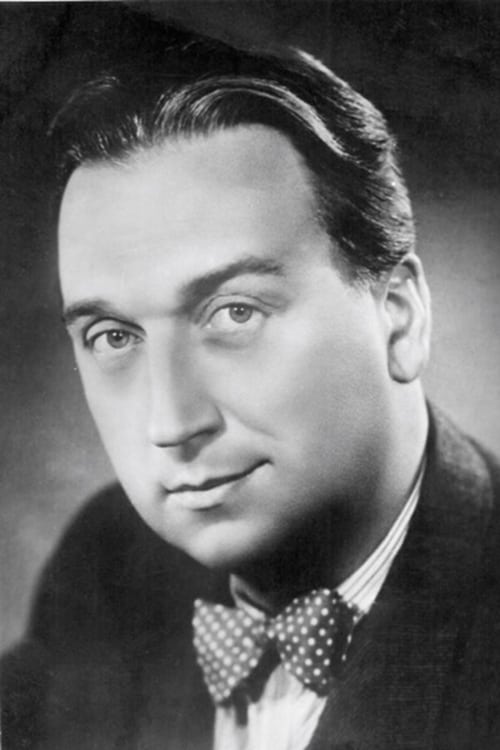
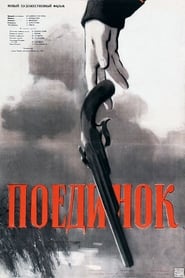 Love story filmed in Russia
Love story filmed in Russia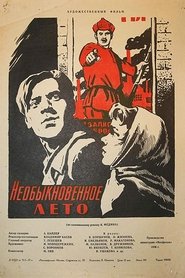 The film takes place in 1919 in...
The film takes place in 1919 in...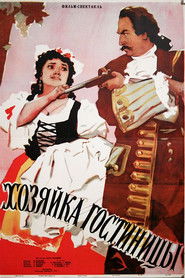 An attractive woman who runs a...
An attractive woman who runs a...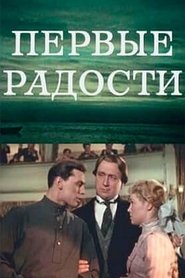
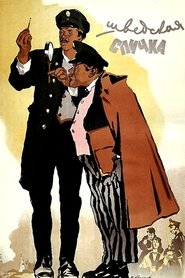 A man of big status disappears...
A man of big status disappears...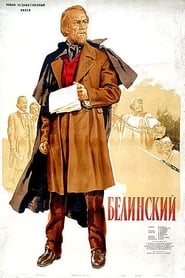 A biopic based on the life...
A biopic based on the life...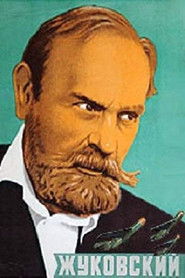 A biographical film about the fate...
A biographical film about the fate...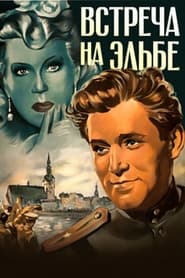 Soviet and American soldiers are meeting...
Soviet and American soldiers are meeting...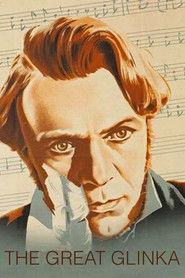 About the life of the Russian...
About the life of the Russian...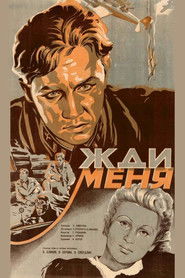 A story of true love set...
A story of true love set...